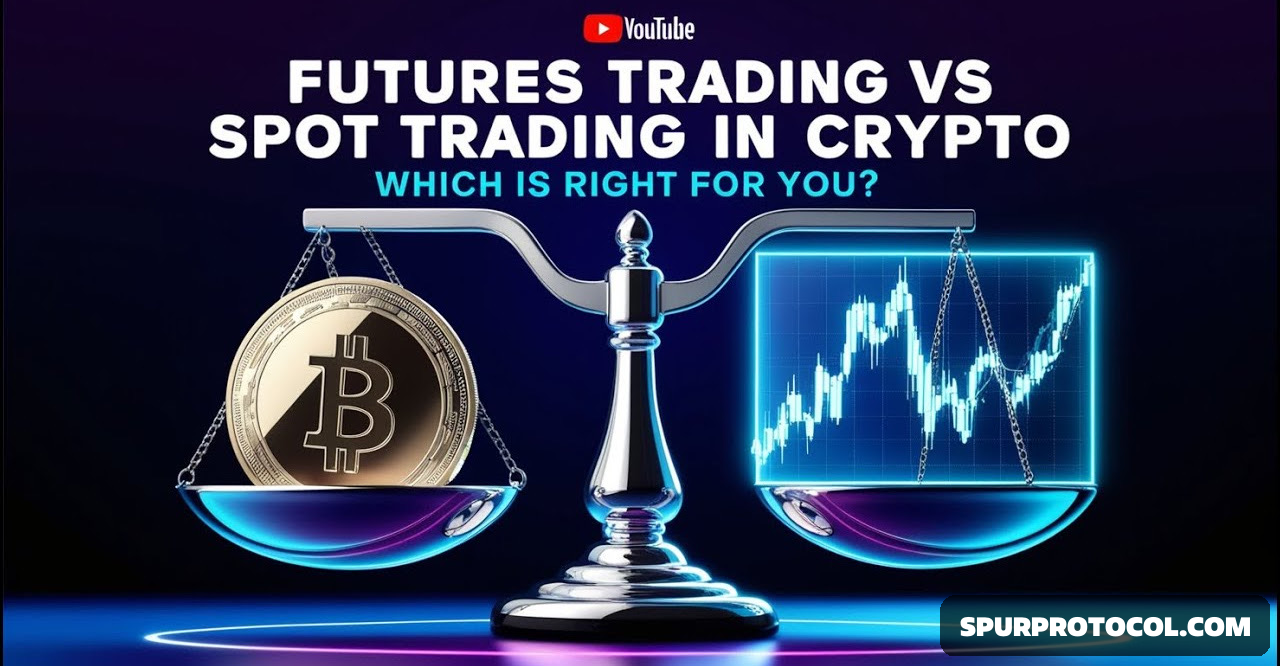Futures Trading Vs. Spot Trading: The BIGGEST Differences Revealed!
Spot Trading vs. Futures Trading – Which One is Right for You? In this video, we break down the key differences between spot trading and futures trading, helping you understand which method suits your trading style. Whether you're trading forex, stocks, or crypto, knowing how these two markets work can significantly impact your trading success. 🔍 Topics Covered: ✅ What is Spot Trading? ✅ What is Futures Trading? ✅ Key Differences Between Spot & Futures Trading ✅ Risks and Benefits of Each Tr
Go Back
🕒 9:07 AM
📅 Apr 06, 2025
✍️ By Fertymer